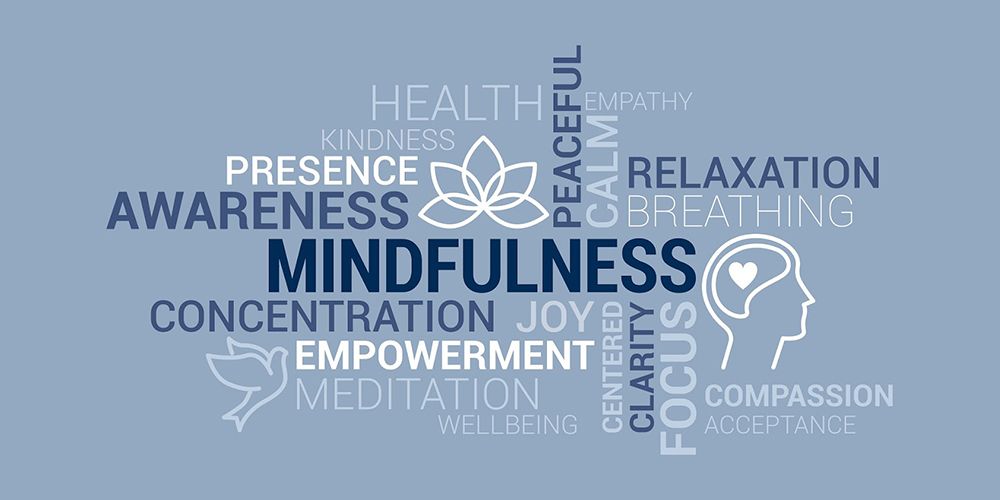Developed by Dr. Marsha Linehan in the 1980s, DBT (short for dialectical behavior therapy) is a specific kind of cognitive behavioral therapy that has been used to treat personality disorders, depression, anxiety, self-harm, eating disorders, and substance use disorders.
DBT derives from the term dialectics, which is rooted in the concept that the world exists on opposites, and that change happens when one opposing force dominates the other. Dialectics assumes that things are interconnected, change is constant, and opposites can be healthily integrated.

Principles of Dialectical Behavior Therapy
DBT is rooted in four principles. They include:
- Core mindfulness: Mindfulness refers to living and focusing on the present moment. It means attuning to your current surroundings and “slowing down” when you feel anxious or depressed. The more people can stay mindful, the less likely they are to engage in problematic thinking patterns or unhealthy behaviors.
- Distress tolerance: Distress tolerance entails learning how to cope with life and all of its challenges. By using skills rooted in distraction, self-soothing, evaluating the pros and cons, and improving the moment, you increase your preparedness to navigate life’s difficulties.
- Emotional regulation: Emotional regulation includes improving how you accept, navigate, and move through intense emotions. By learning how to identify, adjust, and react, you can increase a sense of empowerment over your feelings.
- Interpersonal effectiveness: Interpersonal effectiveness focuses on strengthening support and communication with the people in your life. Learning how to respect both yourself and others increases the opportunity of having fulfilling and meaningful relationships.
In DBT, you will learn and integrate skills derived from these four principles to help treat your anxiety. Some people find they struggle with one skill (i.e., distress tolerance) more than others. When this is the case, therapists spend more time focusing on cultivating the weaker skills.
DBT Treatment For Anxiety
Like CBT, DBT is also structured and collaborative. Therapists work with clients to reduce the intensity of problematic symptoms and increase a client’s self-esteem and mental health.
DBT can be done in both group and individual therapy formats, and DBT therapists often provide phone coaching between sessions for clients in acute distress. Clients usually agree to complete homework to master new skills. Diary cards are a common DBT homework assignment, and they include tracking emotions, urges, and behaviors.
Final Thoughts
DBT is an excellent and effective model for anxiety treatment. It effectively targets improving emotional regulation and mitigating reactions to stress and anxiety.
Regardless of your current circumstances, you don’t have to live as a victim to your mental health condition. Anxiety is treatable. WIth the right care, sustainable recovery is possible.



